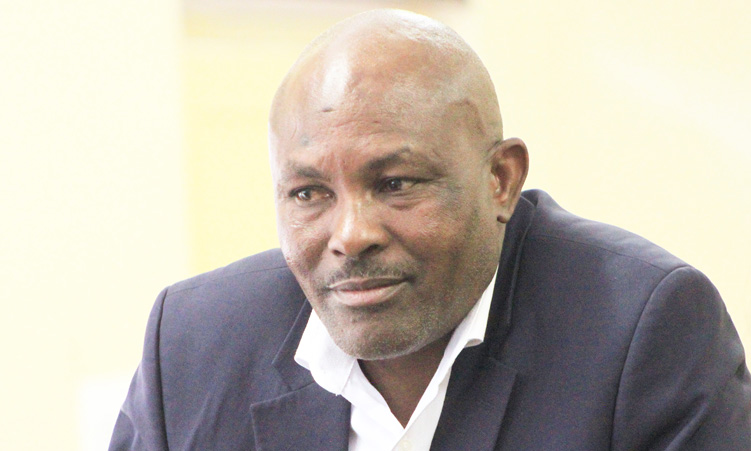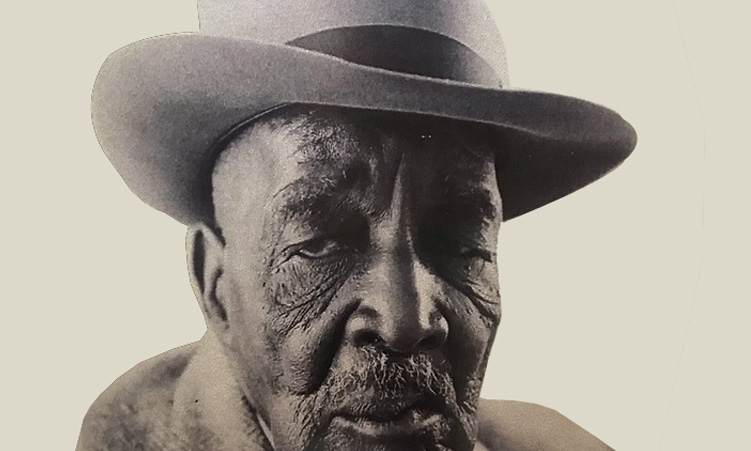Britain took control of the area known as Palestine after the Ottoman Empire – which ruled the region between 1517 and 1917 – was defeated in World War I.
The land was inhabited by a Palestinian Arab majority and a Jewish minority, as well as other smaller ethnic groups.
Tension between the Palestinian Arabs and Jews grew after the international community gave the United Kingdom the task of establishing a ‘national home’ in Palestine for the Jewish people.
This stemmed from the Balfour Declaration of 1917, a pledge made by then British foreign secretary Arthur Balfour to Britain’s Jewish community.
The declaration was enshrined in the British mandate over Palestine and was endorsed by the newly created League of Nations, the forerunner of the United Nations, in 1922.
However, between 1920 and the 1940s, the number of Jews arriving in Palestine grew, with many fleeing persecution in Europe, especially the Nazi Holocaust in World War II.
In 1948, unable to solve the problem, Britain withdrew and the Jewish leaders declared the creation of the state of Israel.
Fighting between Jewish and Arabs militias had been intensifying for months, and the day after Israel declared statehood, five Arab countries – Egypt, Iraq, Jordan, Lebanon and Syria – attacked Israel to protest the move.
ISRAELI-ARAB WARS
During the 1948-1949 Israeli-Arab war, around 720 000 of 900 000 Palestinian Arabs living in territories that had become part of the state of Israel were expelled from their homes.
This began after Israel declared itself an independent state following the United Nations’ partition of Palestine.
A series of military conflicts were fought between Arab countries and Israel in 1956, 1967-1970, 1973, and 1982.
Israel still occupies the West Bank and claims the whole of Jerusalem as its capital, while the Palestinians claim East Jerusalem as the capital of a hoped-for future Palestinian state.
The United States is one of only a handful of countries to recognise Jerusalem as Israel’s capital.
Ongoing conflict between Israel and the Palestinians has simmered for years, often with deadly effect.
On 7 October 2023, the militant group Hamas launched a surprise offensive on Israel.
Hamas’s attack began with a barrage of at least 3 000 rockets on Israeli targets.
At least 1 400 Israelis were killed in the initial attack, and about 199 people were abducted and taken hostage.
Since then, thousands of Palestinians have been killed, including children, in incessant retaliatory air raids by the Israel Defence Forces (IDF).
Thousands more Palestinians have been wounded, while more than 1 600 000 people have been forced from their homes.
WAR CRIMES
Israel has also imposed a total blockade on the Gaza Strip, denying it food, water, electricity, fuel, and other essentials.
Homes, schools and other places sheltering desperate families have not been spared in the ongoing bombings.
At the same time, the IDF has been massing troops along the Gaza Strip as Palestinians brace themselves for a ground, air and sea attack.
It should be noted that the observance of international law by Israel during any conflict is compulsory, not optional.
Therefore, Israel must rescind its evacuation order for residents of northern Gaza.
It is inconceivable that more than half of Gaza’s population could traverse an active war zone without devastating humanitarian consequences.
Forcible population transfers constitute a crime against humanity, and collective punishment is prohibited under international humanitarian law.
Prohibited acts also include: Intentionally directing attacks against the civilian population and intentionally directing attacks against buildings dedicated to religion, education, art, science or charitable purposes, including historical monuments, and so on.
HYPOCRISY
Despite all the nonsense and posturing by the international community about resolving the Palestinian crisis through diplomacy, there appears to be no end in sight to this dystopian-like horror.
The human cost is inestimable.
Bias and intransigence have hijacked the ‘two state’ solution.
Israel has a duty to defend its people but, ironically, the Palestinian people have no right to express their frustrations or struggle for freedom and justice, even after seven decades of dispossession, oppression and siege.
Are they lesser people? There will be more horrors to come. It will be hard and it will take time, but Palestinians will overcome some day.
- Major general JB Tjivikua served in the Namibian Police for 27 years
Stay informed with The Namibian – your source for credible journalism. Get in-depth reporting and opinions for
only N$85 a month. Invest in journalism, invest in democracy –
Subscribe Now!






